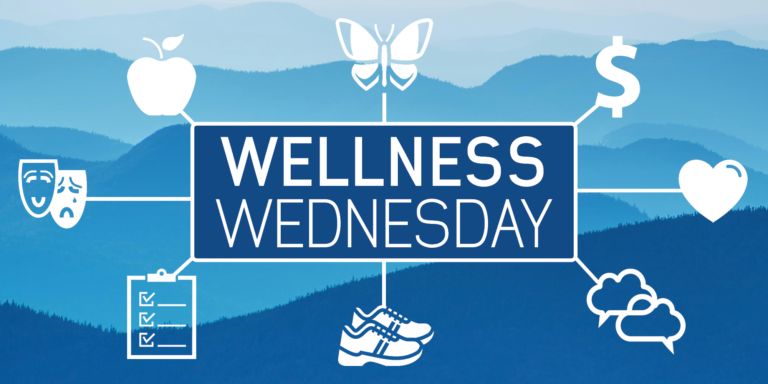As Thanksgiving Day arrives, many people start thinking about the word thanksgiving. It means the act of expressing grateful appreciation or thankfully reflecting on gifts, situations, or people that have brought benefits to your quality of life. Essentially, it’s an affirmation of goodness.
Although it’s endearing to nostalgically think back on sources of goodness, expressing gratitude throughout the year can generate positivity for friends, colleagues, and family. In a rushed and hurried world, gratitude may be one of the most overlooked traits to enhance well-being in ourselves and others every day.
Benefits of Gratitude
 Amy Morin is a licensed clinical social worker, psychotherapist, psychology lecturer at Northeastern University, and bestselling author. She says research supports many benefits of gratitude, including:
Amy Morin is a licensed clinical social worker, psychotherapist, psychology lecturer at Northeastern University, and bestselling author. She says research supports many benefits of gratitude, including:
- Improved physical health. Grateful people experience fewer aches and pains and report feeling healthier than other people, according to a study published in Personality and Individual Differences. They also exercise more often and are more likely to attend regular check-ups, which may contribute to further longevity.
- Enhanced empathy and reduced aggression. Even when others behave less kindly, grateful people are more likely to behave in a positive manner, according to a study by University of Kentucky. Participants who ranked higher on gratitude scales were less likely to retaliate against others, even when given negative feedback. They experienced more sensitivity and empathy toward other people and a decreased desire to seek revenge.
- Improved self-esteem. A 2014 study published in the Journal of Applied Sport Psychology found that gratitude increased athletes’ self-esteem, an essential component to optimal performance. Other studies have shown that gratitude reduces social comparisons. Rather than becoming jealous of people who have more money or better jobs, grateful people are able to appreciate other people’s accomplishments.
- Improved physical health. Gratitude reduces a multitude of toxic emotions, from envy and resentment to frustration and regret. Robert Emmons, a leading gratitude researcher, has conducted multiple studies on the link between gratitude and well-being. His research confirms that gratitude effectively increases happiness and reduces depression.
- Strengthens relationships. Showing appreciation can help make new friends, according to a 2014 study published in Emotion. Whether you thank a stranger for holding the door or send a thank-you note to a friend or colleague for their help, acknowledging other people’s contributions can lead to stronger relationships and new opportunities.
 While researchers explore how different types of gratitude might have different benefits, whether the target of your gratitude makes a difference, and how gratitude could impact your body in real time, more evidence is needed to determine whether or not particular gratitude activities can improve specific health outcomes. However, evidence is mounting that gratitude can be one of the fundamental pillars of a healthy lifestyle.
While researchers explore how different types of gratitude might have different benefits, whether the target of your gratitude makes a difference, and how gratitude could impact your body in real time, more evidence is needed to determine whether or not particular gratitude activities can improve specific health outcomes. However, evidence is mounting that gratitude can be one of the fundamental pillars of a healthy lifestyle.
Twice a month, Asheville Parks & Recreation shares a resource or tip that can help in the development of intellectual, emotional, occupational, environmental, financial, spiritual, physical, or social wellbeing. For previous Wellness Wednesday articles, check out the archive.
